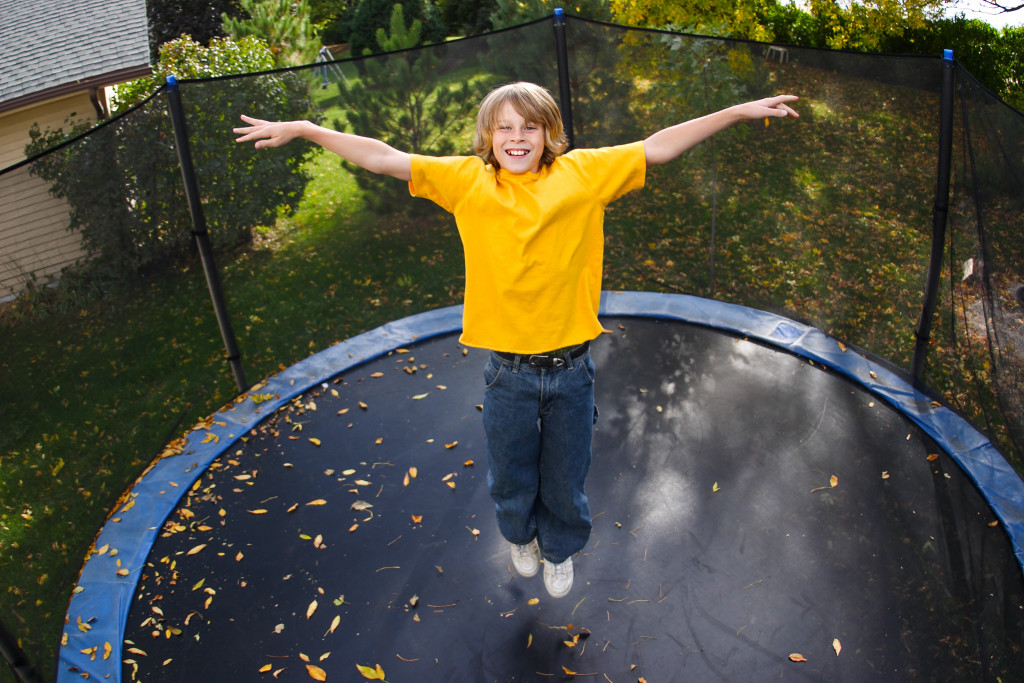- Sports offer numerous physical and mental benefits for children. Early engagement can promote academic performance and social skills.
- Parents should create safe, active spaces at home and incorporate simple routines to foster a love for sports.
- Social environments like parks and playgrounds can enhance a child’s social abilities and physical fitness.
- Enrolling kids in sports camps offers structured sports programs, social interaction, and exposure to different sports, encouraging holistic development.
Engaging in sports from a young age can provide children with a multitude of benefits, both physically and mentally. Physically, sports help develop stronger muscles and bones, aid in maintaining a healthy weight and improve coordination and balance. Mentally, sports can boost self-esteem, improve social skills, and even lead to better academic performance. According to a study published in the Journal of Pediatrics, children who engage in sports are 1.5 times more likely to perform better academically than those who do not participate. Furthermore, the Centers for Disease Control and Prevention (CDC) recommends that children and adolescents get at least 60 minutes of moderate-to-vigorous physical activity each day, a goal that sports can help achieve.
However, parents might not know how to get children engaged in sports at an early age. Fortunately, there are several steps they can take. Here are a few tips to help you:
Start at Home

Engaging toddlers in sports should ideally begin at home. This setting provides a comfortable and familiar environment that can help children feel more at ease as they explore different physical activities. Here are a few steps to consider for your efforts:
Create a Safe Environment
Ensure that your home has safe spaces for physical activities. Remove sharp objects and dangerous items. Lay down soft mats for activities like tumbling or yoga. This safety-first approach encourages your toddler to explore without fear.
Introduce Simple Activities
Introduce simple activities such as kicking a ball, playing catch, or dancing. These basic sports-related movements help develop motor skills while keeping your child entertained and physically active.
Be a Role Model
Children often mimic their parents’ actions. Show enthusiasm while participating in physical activities yourself. This can inspire your toddler to join in and learn about the fun of sports from an early age.
Make it a Regular Routine
Incorporate physical activity into your child’s daily routine. Regular participation in sports-related activities can help develop a habitual engagement with sports, setting a solid foundation for a physically active lifestyle.
Pursue Recreational Activities Outside the Home

Engaging in sports within social settings like parks, sensory play areas, and playgrounds is vital in a child’s development. These environments provide children with more space for movement, diverse equipment for various physical activities, and opportunities to interact with peers.
Social sports settings help children understand the concept of teamwork, cooperation, and fair play. Playing in a team can teach essential life skills such as communication, empathy, and problem-solving. It also allows kids to encounter and navigate different social situations, enhancing their social competence.
Moreover, sensory soft play areas for toddlers cater to their curiosity and their need to explore the world around them. Such environments stimulate all their senses while fostering motor skill development, coordination, and balance.
Finally, visiting the playground can become an adventure for toddlers, where each piece of equipment — the swing, slide, or climbing frames — can contribute to their physical fitness while honing their strategizing skills, flexibility, and courage.
Therefore, parents should encourage their kids to participate in structured and unstructured sports activities in social settings to foster holistic development.
Enroll Kids in Sports Camps
Enrolling kids in youth sports camps can be a game-changer in their early sports engagement. These camps offer structured programs to cater to various age groups, providing multiple sports activities suitable for their physical and mental development.
Sports camps provide an environment where kids can explore a variety of sports, helping them discover their interests and talents. They offer specific training for different sports, which can help kids learn and master the basic skills efficiently and correctly. Moreover, these camps are usually supervised by trained coaches or instructors who can provide expert guidance, ensuring that kids learn the proper techniques and practices, reducing the risk of injuries.
Furthermore, sports camps can significantly enhance a child’s social skills. They offer an opportunity for kids to interact with their peers outside their usual social circles, helping them build new friendships and learn about teamwork, cooperation, and sportsmanship. Participating in a sports camp can foster independence and resilience as kids learn to navigate new experiences away from their comfort zones.
Therefore, youth sports camps can be ideal for parents to engage their toddlers in sports. They promote physical activity and contribute to the child’s holistic development, making them an excellent option for parents seeking to introduce their children to sports.
Final Thoughts
Sports can be a great way to engage toddlers and help them get accustomed to physical activities. With the proper guidance, parents can introduce sports to their kids in an enjoyable way that encourages healthy development. These tips can help make this process easier and more fun for parents and kids.




